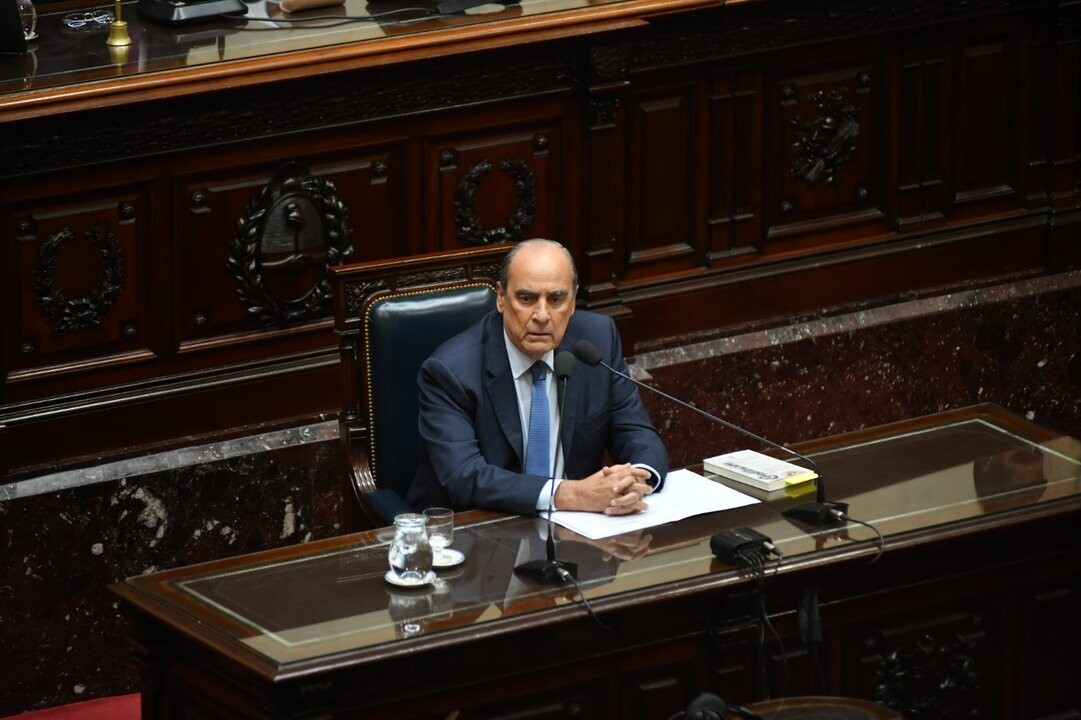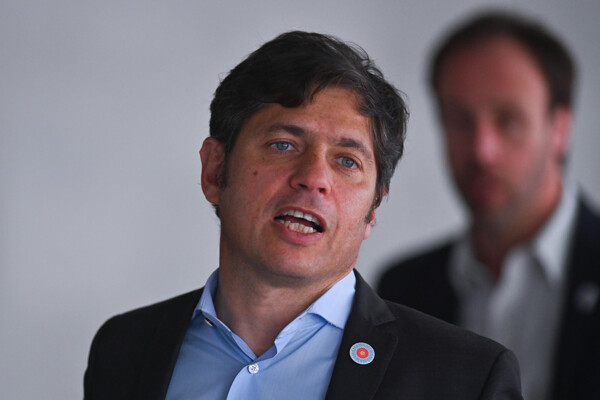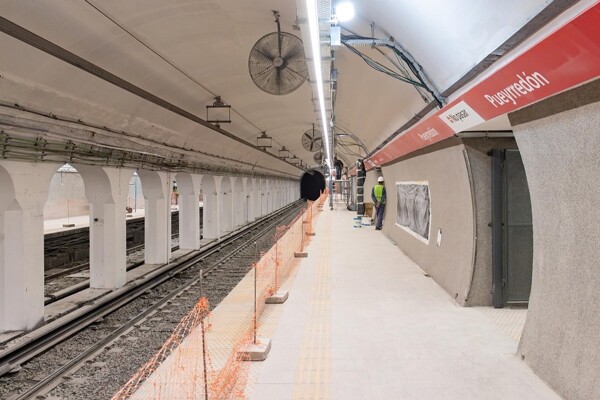
The Chamber of Deputies has taken the first step in the investigation of the $Libra scandal, which involves an alleged crypto scam propagated by President Javier Milei two months ago. The journey begins with the questioning of Chief of Cabinet, Guillermo Francos, and other ministers supposedly involved. On Wednesday, the investigative committee will be formed with 28 members already confirmed by the President of the lower House, Martín Menem, after a vote that resulted in 128 votes in favor, 93 against, and seven abstentions.
In a previous session, the opposition voted to approve the questioning of the coordinating minister, as well as the ministers of Economy and Justice, and the head of the National Securities Commission. So far, only Francos has confirmed his presence for the questioning. The session will take place on Tuesday at 2 PM, based on Article 71 of the national Constitution.
Kirchnerism and sectors of Encuentro Federal attempted to add to the ruling the questioning of the general secretary of the Presidency and the presidential spokesperson, also implicated in the 'crypto scam.' However, the search for a quorum conditioned this intention. Sectors of Unión por la Patria expressed their discontent for not including the president's sister in the questioning, pointed out by businessmen as part of the fundraising structure.
Although officials are required to attend the questioning, there are no penalties planned in case they refuse, except for Francos, whose absence could lead to a political trial. The last time a minister was questioned by Congress was in 1996. The $Libra scandal involves a transnational fraudulent business with a web of bribery and influence peddling.
The investigative committee consists of 28 members, evenly distributed between the government and the opposition. The presidency of the committee is crucial, as it is responsible for calling meetings and validating quorums. The opposition is demanding the presidency, but the tie in the committee leads to an indefinite situation. The presidency could fall to a dialoguing opposition deputy to avoid blocking the committee due to lack of quorum. The government could empty the meetings to then argue that the opposition did not achieve the necessary quorum.













